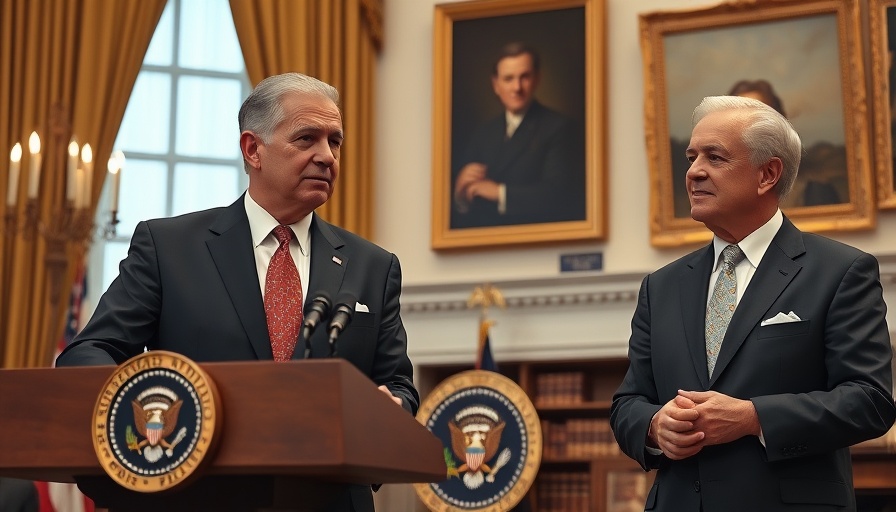
Understanding the Ruling: What the Judge Said
In a landmark ruling, U.S. District Judge William Young of Massachusetts declared the cancellation of NIH research grants by the Trump administration illegal, citing egregious levels of discrimination that he has not witnessed in his four-decade-long judicial career. The judge characterized the administration's approach as 'arbitrary and capricious,' emphasizing the need for a formal definition of diversity, equity, and inclusion (DEI) to clarify why grants aimed at studying vital health disparities were summarily terminated.
The Importance of NIH Grants
NIH grants play a crucial role in advancing healthcare research. Termination of grants that focus on diverse populations poses significant risks not only to the scientific community but also to marginalized patients who benefit from this research. The judge pointed out projects like those investigating how drug efficacy might differ among various ancestrally diverse populations. The abrupt cuts could hinder significant progress in diverse health areas, such as cardiovascular health, Alzheimer's research, and mental health treatments.
The Broader Implications of the Ruling
This ruling raises broader questions about policy integrity with respect to federal funding, especially in areas touching on sensitive social issues like health equity and representation. It highlights how political agendas can inadvertently lead to real consequences in the realm of scientific research. The ongoing legal battles foreshadow further ramifications in terms of how future administrations may conduct grant allocations.
Potential for Future Changes and Appeals
As Judge Young prepares to issue his formal ruling, attention will likely turn to how the Trump administration responds. Legal experts anticipate an immediate appeal, which may once again open the floodgates to discussions about governmental discretion in funding allocation. This case stands as a pivotal moment in healthcare policy, potentially prompting legislative reevaluation of how research grants are administered.
A Call for Accountability
The ruling doesn't just restore funding; it calls for accountability in government practices. Judge Young's comments resonate not just legally but socially, urging a re-examination of the moral imperatives behind federal grant funding. With the well-being of vulnerable communities at stake, the onus is on government bodies to ensure that funding policies are inclusive rather than exclusionary.
Looking Forward: The Future of NIH Funding
As this case progresses through the higher courts, the outcome may set crucial precedents for how grant funding policies are designed and implemented. Advocates for social equity in science will be closely monitoring these developments, hoping that federal funding becomes a tool for promoting diversity rather than an obstacle. In the meantime, researchers and health advocates are rallying to stress the importance of funding for work that benefits all of society, especially the underserved.
 Add Row
Add Row  Add
Add 




 Add Row
Add Row  Add
Add 

Write A Comment